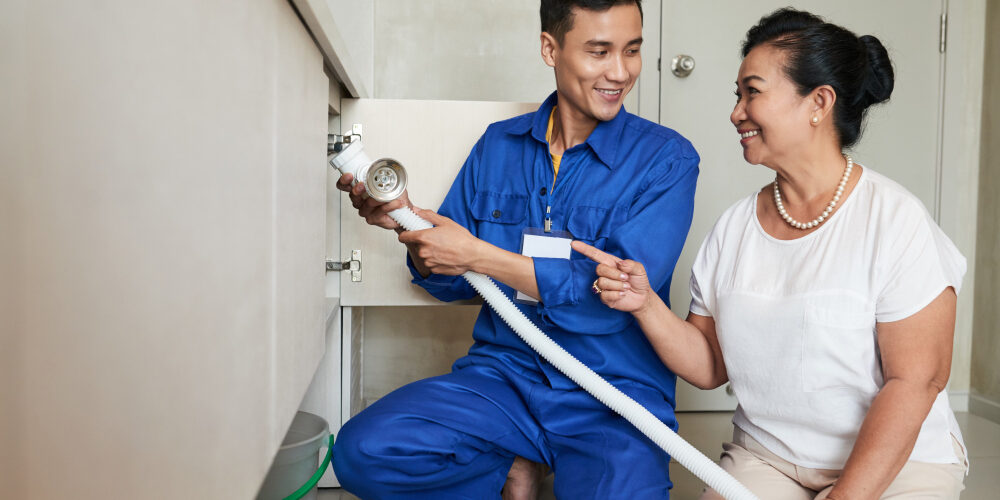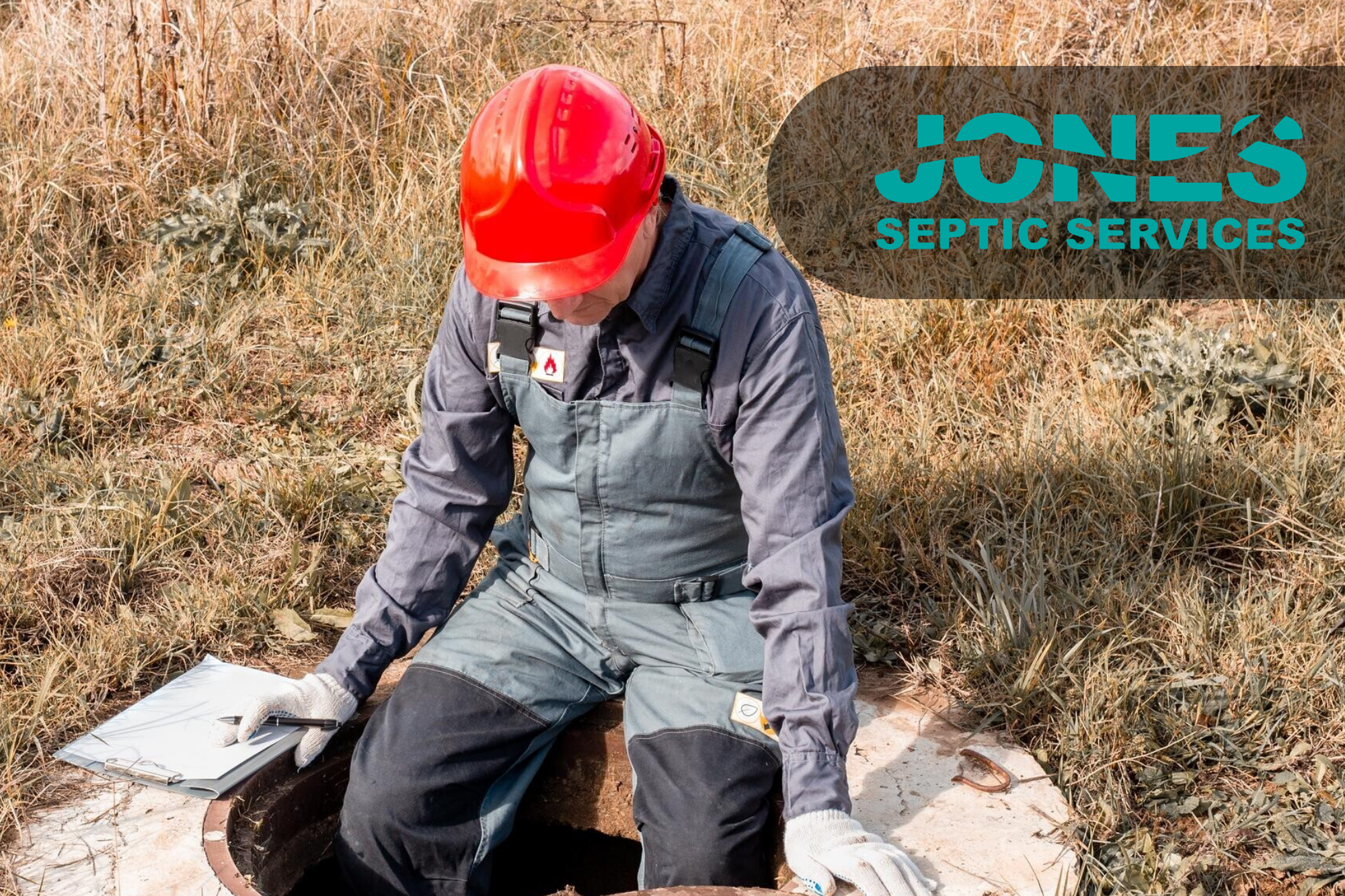A burst pipe is one of the most stressful plumbing emergencies any homeowner or business owner in Orlando can face. Not only can it cause extensive water damage to your property, but it also disrupts daily routines and can lead to costly repairs. If you find yourself dealing with a burst pipe, it’s crucial to act quickly and effectively to minimize damage.
While Orlando may not experience freezing temperatures often, burst pipes can occur for various reasons, including old or corroded pipes, blockages, or even high water pressure. Knowing how to handle this emergency can make all the difference in preventing further damage. In this article, we’ll provide practical tips on what to do if a pipe bursts in your home or commercial property, along with guidance on when to call in professional help from services like Absolute Best Plumbing.
Why Do Pipes Burst?
Understanding the common causes of burst pipes is the first step in preventing them. Burst pipes in Orlando may not always be caused by freezing temperatures as they are in colder climates, but other factors can still lead to this emergency:
- Aging or Corroded Pipes: As pipes age, they can weaken and corrode, making them more susceptible to bursting. Older homes and buildings with outdated plumbing systems are especially prone to this issue.
- Clogged Pipes: When pipes become clogged, pressure can build up inside them, leading to a burst. Blockages caused by debris, grease, or other materials can restrict water flow, increasing the pressure on the pipe walls.
- High Water Pressure: Excessively high water pressure can put a strain on your pipes, causing them to burst. If your water pressure exceeds 60 psi (pounds per square inch), it may be too high for your pipes to handle.
- Tree Root Intrusion: In some cases, tree roots can grow into your pipes, causing them to crack and burst. This is more common in sewer lines but can also affect water supply pipes.
- Shifting Ground: Orlando’s frequent rainstorms and flooding can cause soil to shift, potentially damaging buried pipes. This shifting can lead to cracks or breaks in the pipes, ultimately resulting in a burst.
When a pipe bursts, water can flood your property in a matter of minutes, damaging walls, flooring, furniture, and other belongings. In addition to property damage, water exposure can lead to mold growth, which poses health risks to your family or employees.
Steps to Take When a Pipe Bursts
If you experience a burst pipe, taking immediate action can help mitigate the damage. Here’s a step-by-step guide on how to handle this plumbing emergency.
1. Shut Off the Water Supply
The first thing you should do when a pipe bursts is to turn off the main water supply to your home or business. This will stop the flow of water and prevent further flooding. The main shutoff valve is usually located near the water meter, either outside the house or in a utility room. Familiarize yourself with its location before an emergency occurs.
In addition to shutting off the water, it’s a good idea to turn off your water heater. This will protect the unit from overheating or becoming damaged when the water supply is turned off.
2. Drain the Faucets
Once the water supply is turned off, open all the faucets in your home or business to drain the remaining water from the pipes. This will help relieve any residual pressure in the system and minimize additional leaks. Don’t forget to flush the toilets to clear out any remaining water in the tank and bowl.
By draining the pipes, you can reduce the risk of further damage while waiting for a professional plumber to arrive.
3. Turn Off Electricity in the Affected Area
Water and electricity are a dangerous combination. If water from the burst pipe has flooded any part of your home or business where electrical outlets, appliances, or wiring are located, it’s essential to turn off the electricity in that area. Locate your electrical panel and switch off the breakers for the affected rooms to avoid the risk of electrocution or electrical fires.
If you’re unable to access the electrical panel safely due to water, it’s best to wait for a professional electrician or plumber to handle it.
4. Move Your Belongings to Safety
After ensuring your water and electricity are turned off, move any valuable or sensitive items away from the flooded area. Water can cause extensive damage to furniture, electronics, documents, and other belongings, so it’s important to act quickly.
If possible, place towels or blankets around the affected area to absorb water and prevent it from spreading further. You may also want to use buckets or containers to catch any water that continues to leak from the burst pipe.
5. Call an Emergency Plumber
Once you’ve taken the initial steps to stop the flooding and protect your belongings, it’s time to call a professional plumber. Burst pipes require immediate attention from a licensed plumber who can assess the damage and make the necessary repairs.
For homeowners and business owners in Orlando, emergency plumbing services Orlando are available 24/7 to handle urgent situations like burst pipes. A qualified plumber can quickly identify the source of the problem, repair the burst pipe, and check the rest of your plumbing system for any additional damage.
6. Start the Cleanup Process
While waiting for the plumber to arrive, begin the cleanup process to minimize water damage. Use mops, towels, and a wet/dry vacuum to remove as much water as possible. If the flooding is extensive, you may need to rent or purchase a dehumidifier to help dry out the affected areas and prevent mold growth.
It’s also important to ventilate the area by opening windows and doors to promote airflow. This can help reduce the humidity and speed up the drying process.
Professional Repair and Long-Term Solutions
Once a plumber arrives, they will take steps to repair the burst pipe and restore your plumbing system to full functionality. Depending on the severity of the damage, the plumber may need to replace a section of the pipe or, in some cases, perform a full pipe replacement Orlando.
Here are some common repair options that professional plumbers may recommend:
- Pipe Repair: For minor cracks or leaks, a plumber may be able to repair the damaged section of the pipe using patching materials or by replacing a small portion of the pipe.
- Pipe Replacement: If the pipe is severely damaged or made from outdated materials like polybutylene, a full pipe replacement may be necessary. Polybutylene pipes are prone to frequent bursts and leaks, so upgrading to modern materials like PVC or copper can provide long-term reliability.
- Water Pressure Adjustment: If high water pressure is the cause of the burst pipe, the plumber may recommend installing a pressure regulator to reduce the pressure in your plumbing system and prevent future issues.
- Drainage Inspection: After repairing the burst pipe, it’s a good idea to schedule a sewer line inspection or drain cleaning to ensure that there are no blockages or other issues in your plumbing system that could lead to future problems.
Preventing Burst Pipes in the Future
While some burst pipes are unavoidable due to unforeseen circumstances, there are several steps you can take to reduce the likelihood of this plumbing emergency:
1. Regular Plumbing Inspections
Scheduling regular inspections with a professional plumber is one of the best ways to prevent burst pipes. A licensed plumber can identify early signs of wear and tear in your pipes and recommend necessary repairs before they become major problems. Consider scheduling routine maintenance with Absolute Best Plumbing to keep your plumbing system in optimal condition.
2. Insulate Your Pipes
While Orlando doesn’t experience frequent freezing temperatures, it’s still a good idea to insulate exposed pipes, especially if you live in an older home. Pipe insulation helps regulate the temperature of the water inside the pipes and protects them from extreme temperature changes that can cause expansion and contraction.
3. Monitor Water Pressure
High water pressure is a leading cause of burst pipes. You can use a pressure gauge to monitor the water pressure in your home and ensure it stays within the recommended range of 40 to 60 psi. If your water pressure consistently exceeds this range, a plumber can install a pressure regulator to protect your pipes.
4. Keep an Eye on Slow Drains
If you notice that your drains are slow, it could indicate a blockage in your pipes that needs to be addressed. Clogged Toilet Repair Services in Orlando can help you clear out any blockages before they cause a burst pipe or other serious issues.
External Resources for Further Learning
For additional information on preventing plumbing emergencies and maintaining your home’s plumbing system, consider these authoritative resources:
- American Water Works Association (AWWA): Provides guidelines for water conservation, plumbing system maintenance, and tips for protecting your home’s water supply.
- U.S. Department of Energy: Offers valuable insights on energy-efficient plumbing practices, including maintaining and upgrading water heaters and other plumbing components.
Stay Prepared for Plumbing Emergencies
Handling a burst pipe can be overwhelming, but with the right knowledge and quick action, you can minimize the damage and get your plumbing system back to normal. Remember that professional help is just a call away. For Orlando residents and business owners, **





